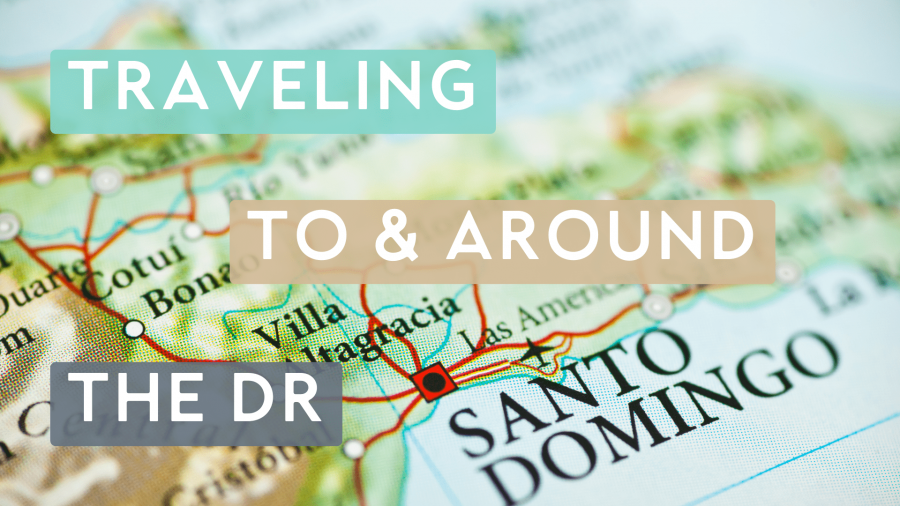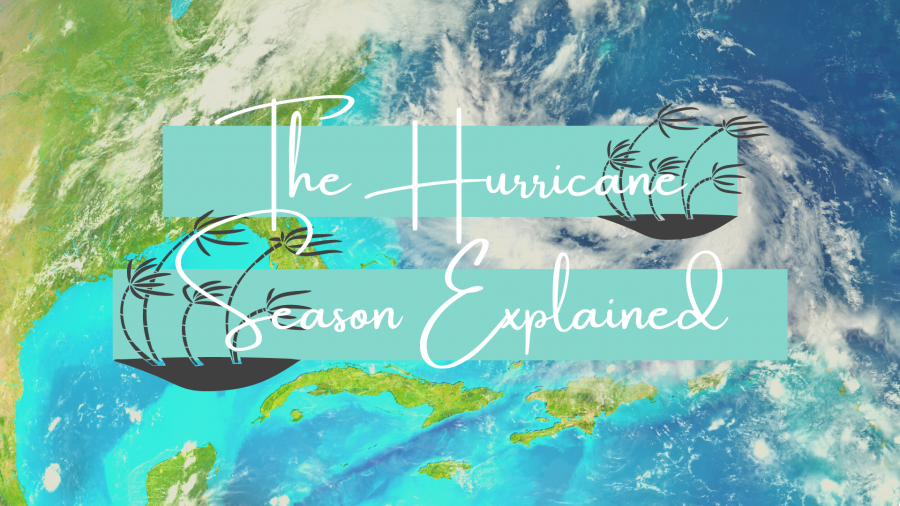
THE EASY LIFE, FINALLY...
It can be easy to live in the Dominican Republic as a retiree from abroad. The locals are friendly, housing is more affordable compared to most of the places in the Caribbean, and the cost of living is lower than in the U.S. The beaches are spectacular and moving to a new place can even be a fun adventure.
Life is not perfect anywhere in the world and living in the Dominican Republic has its positive and negative sides. There are regular blackouts, the culture is different, and you will come across all the usual hassles of living in a world that is developing. The best thing to do is gather all the necessary information about your new home and do some serious soul-searching.
VISAS FOR RETIREES
Anyone who is not a citizen of the Dominican Republic and wishes to stay in the country for more than 30 days on a tourist visa needs to apply for residency. The first step is to apply for a temporary residency at a consulate in your home country and the second step is to apply for permanent residency, which you can only do while in the Dominican Republic.
The great thing about being a retiree who wishes to move to the DR is that you are eligible to skip the first step and apply for a permanent residency status. You will need to prove that you have access to a monthly pension or to a different source of funding of at least $1,500 per month. This income needs to come from a private or public plan and the amount of cash must be certified in writing by your plan provided. Besides this document, retirees will also need to obtain other paperwork such as a criminal background check document, health certificate, and marriage and birth certificates. The government of the Dominican Republic states that permanent residency may be acquired within 45 days of your application, but the truth is that the process usually takes a bit longer.
MEDICARE AND SOCIAL SECURITY BENEFITS
Every retiree who is eligible for benefits can continue to receive Social Security benefits while living the good life in the Dominican Republic. Keep in mind that special rules apply for dependents and survivors of workers. There is a Payments Abroad Screen Tool on the Social Security Administration’s web page that can recognize various restrictions that apply to different situations.
Your Social Security benefits can be mailed to your place of residence in the DR, but this method is not advised because checks can be late or even misplaced. The best way to receive your benefits as a retiree is to have the funds deposited into a bank account in the U.S. or in the Dominican Republic. If your benefits get deposited to a bank in the United States, you can access this money using an ATM in the Dominican Republic. Retirees can also have their U.S. bank transfer the benefits to a local bank. The only downside is that the Medicare does not cover health services outside the US.
TAXES FOR RETIREES
All people who have been residents of the Dominican Republic for at least three years are subjected to Dominican taxes. A person who spends more than 6 months in one year in the country is considered being a resident. Foreigners who are living here as residents and receive cash from financial investments like deposits, stocks, and bonds need to pay taxes based on the income from these investments. This rule doesn’t apply to Social Security benefits and pensions. If you are a taxpayer in the Dominican Republic, you will need to obtain an RNC number from the tax authorities.
Residents with income between $290,000 and $435,000 are taxed at 15%, while those whose income from financial investments is between $435,000 and $604,000 must pay 20%. Every income which is over $604,000 is taxed at 25%. This scale is adjusted each January, but there are usually only a few deductions.
There is a 1% annual tax which is accessed on any property that is owned by a person from abroad with a residency in the Dominican Republic. Of course, this 1% tax calculated only on properties with a value that exceeds $5 million.
If by any chance your last domicile was in the Dominican Republic, you are a subject to the Dominican inheritance taxes of 3%. The inheritance of a property that is located in the DR is subject to inheritance taxes.
Taxes may be owed both in the US and the Dominican Republic simply because there is no tax treaty at the moment between the two countries. Since tax laws can change often and are usually complicated, it's best to contact a qualified local accountant for consultations.




Rate this page
Click on star to rate it
Average rating 0/5. Vote count 0







